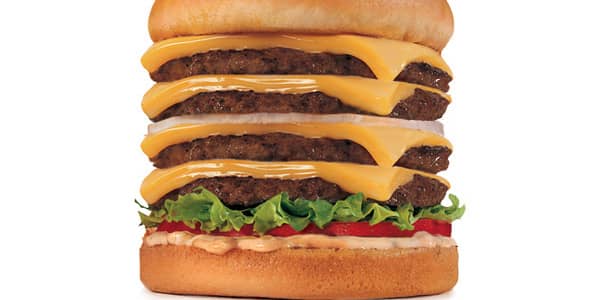The past five years haven't been the brightest for the economy or consumers, but that hasn't held back retail stocks.
At the moment, the S&P Retail Index is trading at an all-time highs, despite headwinds such as the expiration of the payroll tax holiday and high gasoline prices, which have pinched consumer pocketbooks.
In this period of economic sluggishness, high unemployment and general uncertainty, the portfolio winners in retail continue to be the barbell trade: the low-end dollar stores, discounters and off-price retailers, and the higher-end strong brands like Ralph Lauren.
It's been the consumer that has led the way for the Dow Jones Industrial Average since the Oct. 9, 2007, closing peak for the blue chip index, with two retailers landing among the top five performers since that time.
While Home Depot was the worst Dow performer leading up to the 2007 peak — an interesting precursory move to the housing crisis that soon followed — it's the best performers since then, up 108.5 percent since the 2007 peak. Currently, the home improvement retailer is one of the best Dow performers over the last 10 months, with the stock hitting a fresh all-time high in trading Tuesday morning.
The world's largest retailer is the fourth-best performer in the Dow since the October peak, Wal-Mart shares have increased 62.3 percent.
(Read More: 'Coupon Indicator' Points to a Stressed Consumer)
When it comes to the benchmark , three of the top ten components since the October 2007 peak, are consumer discretionary companies, with Ross Stores, the top retailer in the bunch, up an astonishing 335 percent. Thirty-seven of the 52 components that have more than doubled in that time period are consumer discretionary names, including TJX , Dollar Tree, Family Dollar, Amazon, Fossil, Ralph Lauren and Limited Brands.
(Read More: Strike Three! The American Consumer Is Out)
But retail also lands among the worst performances in the S&P 500 since the market's last peak. J.C. Penney's turnaround has cost it dearly in the last year, enough in fact to win J.C. Penney the worst performer spot in the S&P 500 since Oct. 9, 2007, with shares shedding 75 percent.
Best Buy shares are down nearly 64 percent since the market peak. But the stock had traded far lower earlier this year. Recent improvement in the company's latest earnings report, helped it to trim the losses the retailer has logged in the past few years.
(Read More: Best Buy Like Titanic, Says Retail Analyst)
Still, the company's performance since the peak lands it third from the bottom in the S&P.
(Read More: How We Got Here, Where We're Going)
-By CNBC's Courtney Reagan; Follow her on Twitter @CourtReagan
Questions? Comments? Email us at consumernation@cnbc.com.





